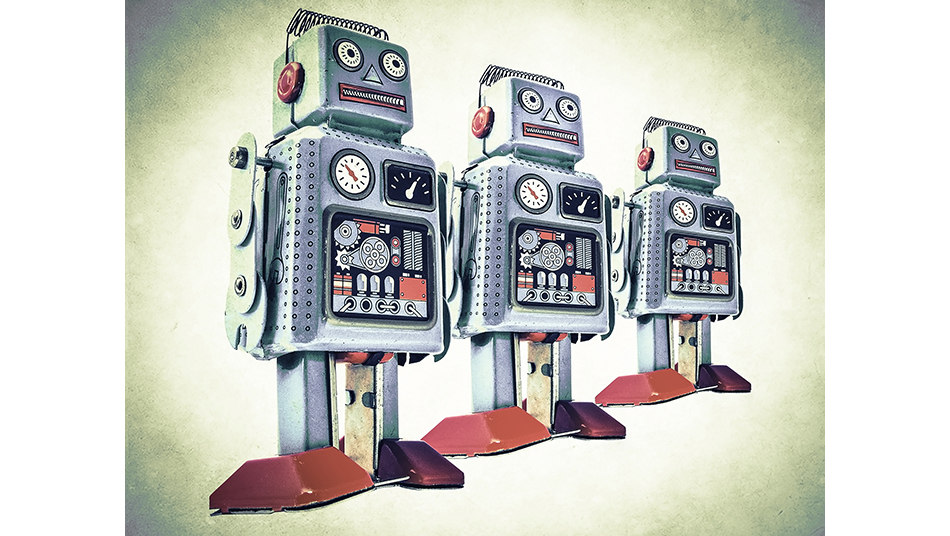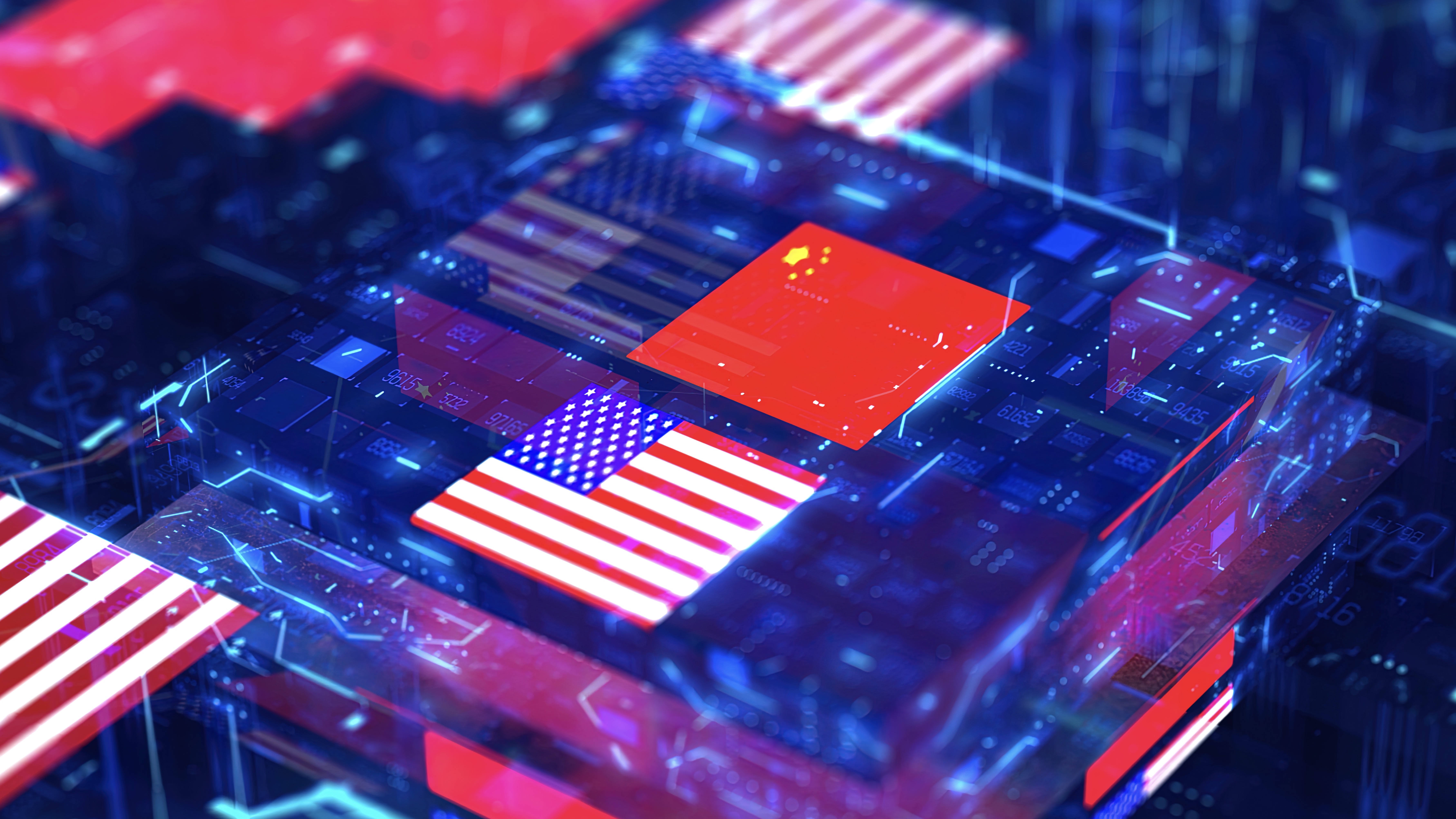Should working robots be considered "electronic persons"?
EU ponders the impact of working robots on social benefits, liability and more


Should robot workers be considered "electronic persons" with intellectual property rights and pension contributions?
European Union legislators are considering such questions as they examine what the rise in robots replacing humans at work will mean for social security, insurance and more.
A draft report of recommendations for the European Parliament was filed last month, suggesting ideas to address looming problems raised by robots taking over human jobs.
One issue raised is the effect on social security: with fewer human employees, companies will pay less into government benefit systems. That raises concerns about "the viability of social security systems if the current basis of taxation is maintained, creating the potential for increased inequality in the distribution of wealth and influence", the proposal noted.
The report suggested companies should be required to disclose how many "smart robots" they use and the savings that means in social security contributions, which could have tax implications. It also called for member states to consider a universal basic income, which citizens of Switzerland recently voted against trialling in a recent referendum (via BBC).
Another issue is liability, specifically who is responsible for a robot's actions if it hurts anyone or causes damage. That could depend, the report suggests, on the type of robot and how autonomous it is, but companies should have insurance to cover any damage and engineers should specifically design them to avoid harm to humans.
The report also considers the ownership of intellectual property for robot creations, suggests they be registered for tracebility, and calls for developers to offer access to source code in order to investigate any accidents they cause.
Get the ITPro daily newsletter
Sign up today and you will receive a free copy of our Future Focus 2025 report - the leading guidance on AI, cybersecurity and other IT challenges as per 700+ senior executives
Overall, the idea is to create a "specific legal status for robots, so that at least the most sophisticated autonomous robots could be established as having the status of electronic persons with specific rights and obligations, including that of making good any damage they may cause, and applying electronic personality to cases where robots make smart autonomous decisions or otherwise interact with third parties independently".
The idea of drawing up legislation around robotic workers is not being welcomed by everyone in the robotics industry, however. Patrick Schwarzkopf, managing director of the VDMA's robotic and automation department, said a legal framework for electronic persons is "something that could happen in 50 years but not in ten years".
"We think it would be very bureaucratic and would stunt the development of robotics," he told reporters at a robotics trade fair in Munich, according to Reuters.
Even if the motion passes, which is not seen as likely, it would only be a non-binding resolution. However, it comes amid rising concerns that robots could usurp humans in millions of job roles - though some dismiss such claims as "fanciful" - and as experts consider what human rights robots should have.
Freelance journalist Nicole Kobie first started writing for ITPro in 2007, with bylines in New Scientist, Wired, PC Pro and many more.
Nicole the author of a book about the history of technology, The Long History of the Future.
-
 Should AI PCs be part of your next hardware refresh?
Should AI PCs be part of your next hardware refresh?AI PCs are fast becoming a business staple and a surefire way to future-proof your business
By Bobby Hellard Published
-
 Westcon-Comstor and Vectra AI launch brace of new channel initiatives
Westcon-Comstor and Vectra AI launch brace of new channel initiativesNews Westcon-Comstor and Vectra AI have announced the launch of two new channel growth initiatives focused on the managed security service provider (MSSP) space and AWS Marketplace.
By Daniel Todd Published
-
 UK financial services firms are scrambling to comply with DORA regulations
UK financial services firms are scrambling to comply with DORA regulationsNews Lack of prioritization and tight implementation schedules mean many aren’t compliant
By Emma Woollacott Published
-
 What the US-China chip war means for the tech industry
What the US-China chip war means for the tech industryIn-depth With China and the West at loggerheads over semiconductors, how will this conflict reshape the tech supply chain?
By James O'Malley Published
-
 Former TSB CIO fined £81,000 for botched IT migration
Former TSB CIO fined £81,000 for botched IT migrationNews It’s the first penalty imposed on an individual involved in the infamous migration project
By Ross Kelly Published
-
 Microsoft, AWS face CMA probe amid competition concerns
Microsoft, AWS face CMA probe amid competition concernsNews UK businesses could face higher fees and limited options due to hyperscaler dominance of the cloud market
By Ross Kelly Published
-
 Online Safety Bill: Why is Ofcom being thrown under the bus?
Online Safety Bill: Why is Ofcom being thrown under the bus?Opinion The UK government has handed Ofcom an impossible mission, with the thinly spread regulator being set up to fail
By Barry Collins Published
-
 Can regulation shape cryptocurrencies into useful business assets?
Can regulation shape cryptocurrencies into useful business assets?In-depth Although the likes of Bitcoin may never stabilise, legitimising the crypto market could, in turn, pave the way for more widespread blockchain adoption
By Elliot Mulley-Goodbarne Published
-
 UK gov urged to ease "tremendous" and 'unfair' costs placed on mobile network operators
UK gov urged to ease "tremendous" and 'unfair' costs placed on mobile network operatorsNews Annual licence fees, Huawei removal costs, and social media network usage were all highlighted as detrimental to telco success
By Rory Bathgate Published
-
 Labour plans overhaul of government's 'anti-innovation' approach to tech regulation
Labour plans overhaul of government's 'anti-innovation' approach to tech regulationNews Labour's shadow innovation minister blasts successive governments' "wholly inadequate" and "wrong-headed" approach to regulation
By Keumars Afifi-Sabet Published